We Don’t Do Clubs Anymore: Inside Nigeria’s New Nightlife Revolution
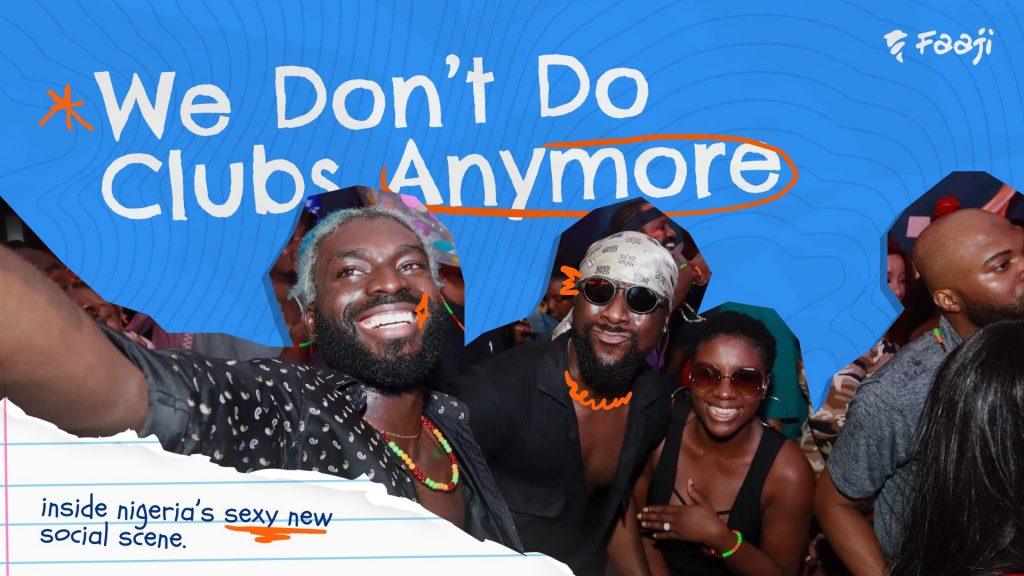
The bass is still thumping somewhere in Ibadan tonight, but it’s not where you think it is.
Nigeria’s most interesting young people are elsewhere like in converted warehouses, some old basement, sprawled across secret rooftops, or gathered in someone’s living room that’s been transformed into something magical for just one night.
The club scene that once defined Nigerian nightlife is quietly fading, especially among the country’s trend-savvy youth who’ve grown tired of the same predictable formula. In its place, something far more intriguing has emerged: a new social ecosystem that’s intimate, curated, experience-driven, and undeniably sexy. This is a total rethinking of what it means to go out in Nigeria, not just a change in where people party.
The Death of the Night Scene
Remember when hitting the club in Lagos or Abuja meant something? ( I know people in their thirties and above can relate to this, the rest of us, not really only saw this on TV) The ritual was sacred: pre-drinks at someone’s place, the grand entrance at midnight, the VIP section with its overpriced Hennessy, and the inevitable fight for the DJ’s attention. Clubs like Quilox, DNA, and RSVP were temples of excess, packed wall-to-wall with bodies moving to whatever Afrobeats anthem was trending that week.
But something shifted. Maybe it was the repetitiveness, the same songs, the same faces, the same tired energy every weekend. Or maybe it was that awkward moment when a DJ suddenly cuts the vibe just to let a B-list artist “show love” with a mic shoutout. Maybe it was realizing that spending ₦500,000 on a bottle that costs ₦17,000 in a store wasn’t actually making anyone feel special. Or it was the overcrowded spaces, where genuine connection felt impossible.
Maybe people just grew up. They started wanting music that wasn’t too loud for conversation or too predictable to surprise them. They didn’t want to be out till 4 a.m. for a night that felt like déjà vu.
And of course, the pandemic accelerated everything. It forced people to pause, reflect, and reconsider how they wanted to spend their time and money. When the world opened back up, many realized they’d lost their appetite for the old formula. The new question became: why endure the chaos when you could curate the experience
What’s Replacing It
A cultural shift is transforming Nigeria’s after-dark scene. The new wave features gallery-like spaces, ephemeral events, and invitation-only gatherings where ambiance takes precedence over decibel levels. Each venue functions as a multi-sensory experience rather than just another place to party.
House parties now feature elaborate themes like “Y2K Nollywood” and “Afrofuturism,” while underground raves introduce experimental sounds that mainstream Nigerian audiences rarely encounter. Exclusive lounges operate from repurposed shipping containers and forgotten spaces, entry granted only through insider connections. The new priority is clear: beautiful spaces over extravagance, small crowds over mayhem, and memorable experiences as the ultimate indulgence.
Who’s Leading the Shift
This revolution isn’t happening by accident, it’s being driven by a new generation of culture curators who understand that nightlife is about more than just music and drinks.
This new wave is powered by a mix of culture curators and creative entrepreneurs. Think platforms like Faaji, The Vault Social house, New Afrika Shrine, Hard rock cafe,. These are the people setting the tone.
The influence of these curators extends far beyond their events. They’re the ones setting trends, deciding what’s cool, and creating the social currency that drives Nigeria’s youth culture.
What Makes the New Scene Sexy
Intimacy. You’re not one in a crowd of hundreds. You’re part of a curated room. Everyone looks like they got the memo.
No bottles, No sections, just a space curated specifically for this cadence of society.
Style is a big deal. These spaces are made for visuals with warm lighting, photogenic corners, coordinated outfits. Music matters too. DJs spin deep cuts: Amapiano, Afro-soul, Qopm, Afro pop, afro techno etc. The goal is not to shout over the sound but to move with it.
The result? Events where people actually vibe. Where they lock eyes across the room. Where the connection isn’t drowned out by bass.
The Social Economy of Cool
This shift reflects a broader change in how young Nigerians think about social capital. Events are now community-driven, created by and for specific tribes of like-minded people. The currency isn’t how much you can spend, but how plugged in you are, how good your taste is, and how authentic your connections are.
The Instagram factor is undeniable, people want experiences that are both worth posting and worth remembering. But unlike the hollow flexing of traditional club culture, these new experiences offer substance behind the aesthetic. The photos are beautiful because the experience itself is beautiful, not because it’s expensive.
This new scene rewards those who understand that true luxury isn’t about exclusion through price, but through curation and culture. It’s not about who can afford the most expensive table, but about who can create the most memorable moment. The social economy has shifted from transactional to experiential.
What This Means for the Culture
The implications extend far beyond where young people choose to spend their weekend nights. Nigeria’s nightlife economy is restructuring itself around these new values. Bottle service is giving way to ticketed experiences, VIP sections are being replaced by communal spaces, and event promoters are becoming experience designers.
We’re seeing the rise of hybrid events: brunches that turn into day parties, art exhibitions that become dance floors, workshops that transform into networking sessions. The boundaries between different types of social experiences are blurring, creating something entirely new.
Previously, escape meant abandoning your everyday life for a few hours of extravagance. The new approach emphasizes self-expression and establishing environments that allow you to be more, not less, who you are. It’s about cultivation rather than consumption, about improvement rather than desertion.
Finally, with more pop ups, the Alte kids can express themselves with their kind and freely.
Conclusion
What we’re witnessing isn’t just the evolution of Nigerian nightlife, this is a generational statement about values, priorities, and what constitutes a life well-lived. The shift from traditional clubs to curated experiences reflects a broader cultural movement toward intentionality, authenticity, and community.
This new scene understands that the best nights aren’t necessarily the loudest ones, that true luxury lies in curation rather than cost, and that the most memorable experiences happen when people feel seen, heard, and genuinely connected to something larger than themselves.
Young Nigerians are defining themselves and their communities on their own terms. The clubs may still be playing the same old songs, but the people who matter have already moved on to something far more interesting.
No, we don’t do clubs anymore. And honestly? We’re better for it.
what else is happening in the Nigerian social scene?, check out here on this article about the 25+ only events.
Share this content:
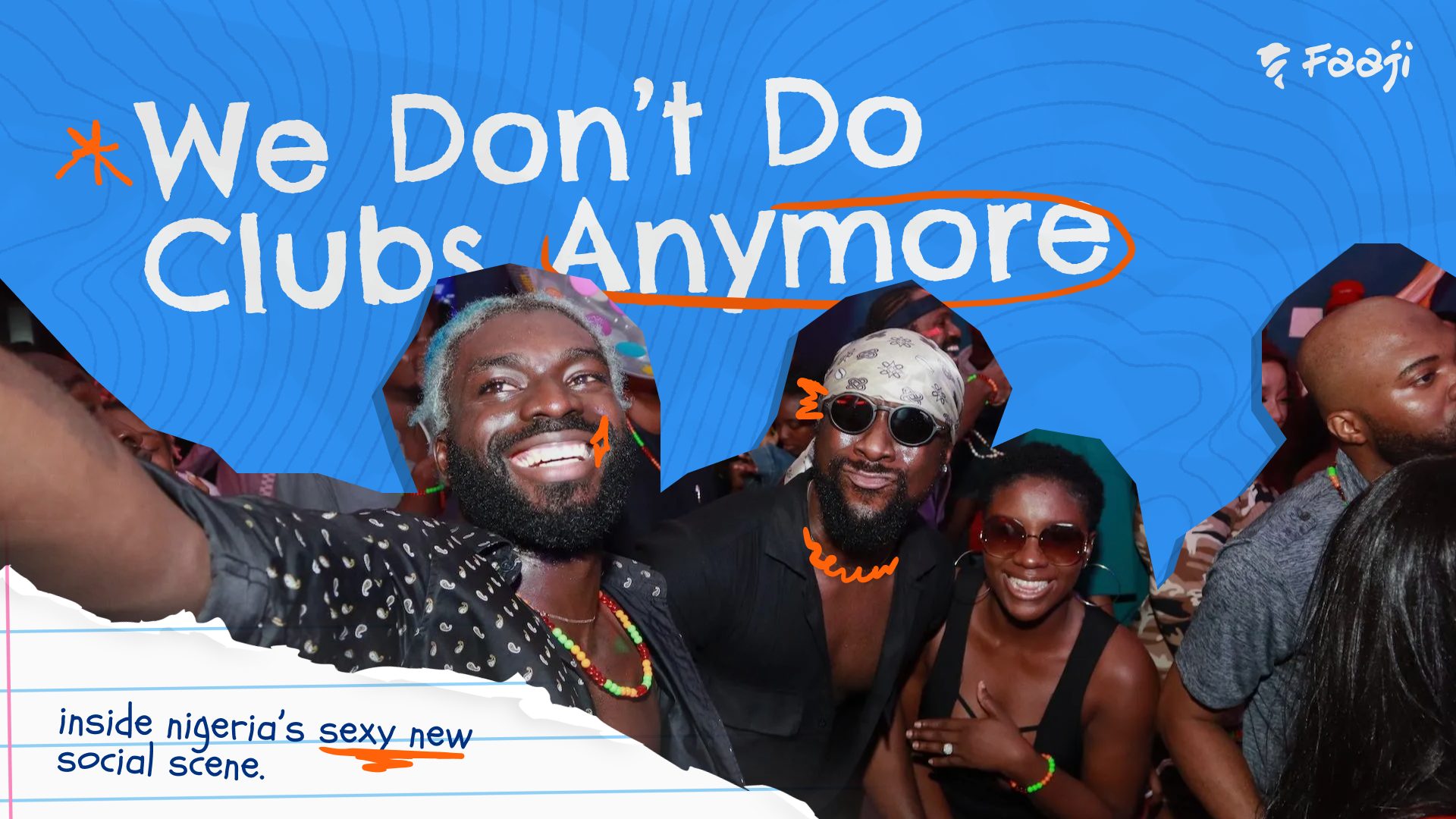
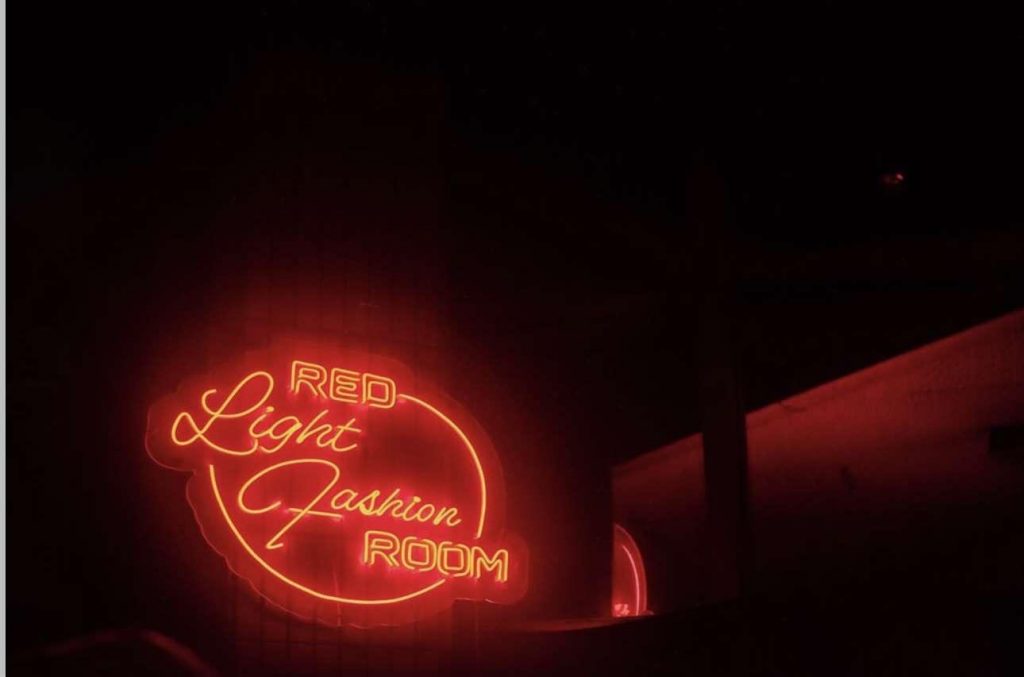
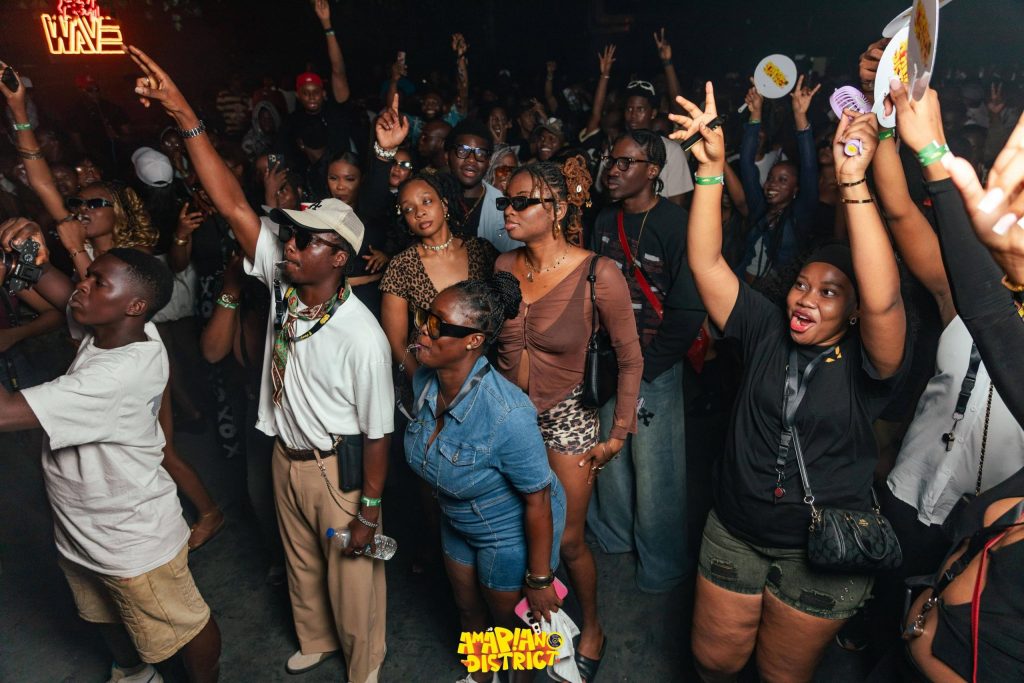
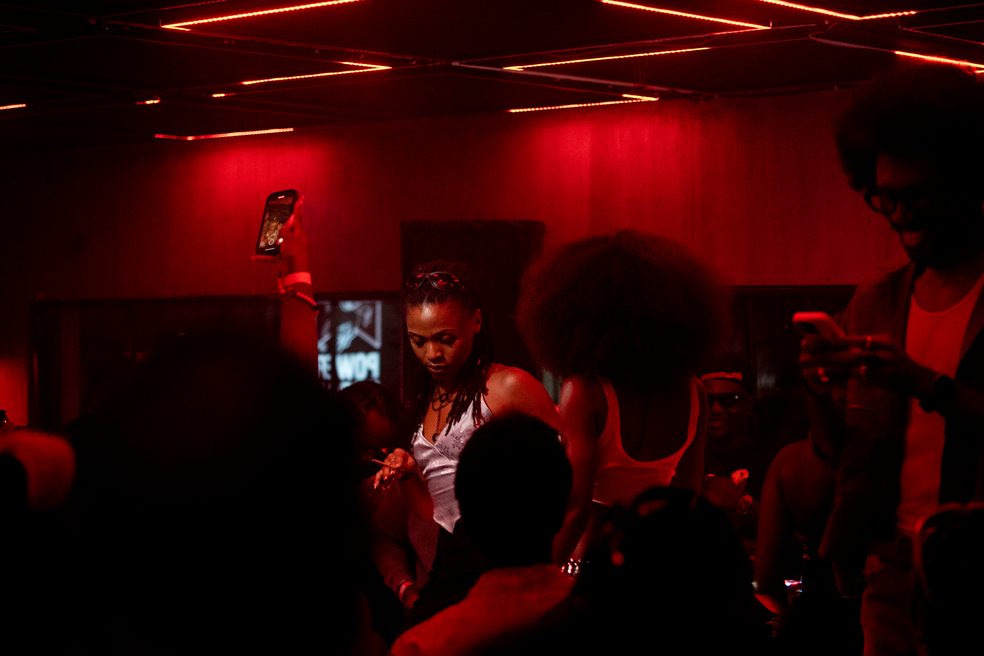
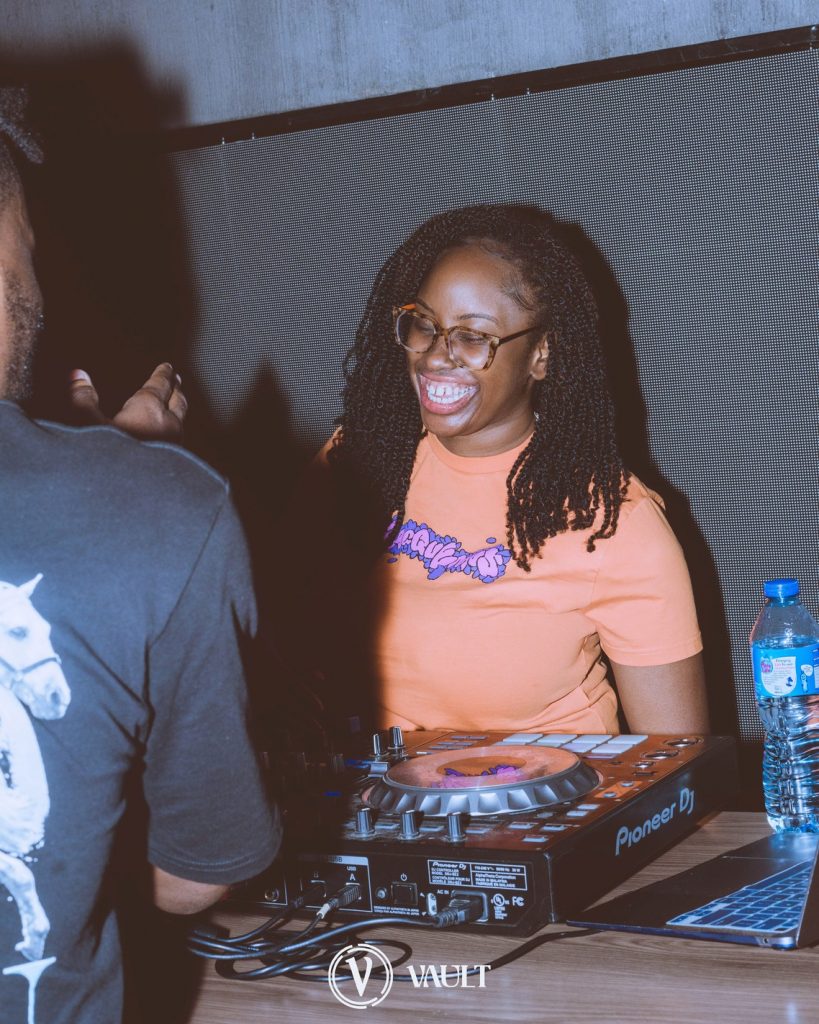
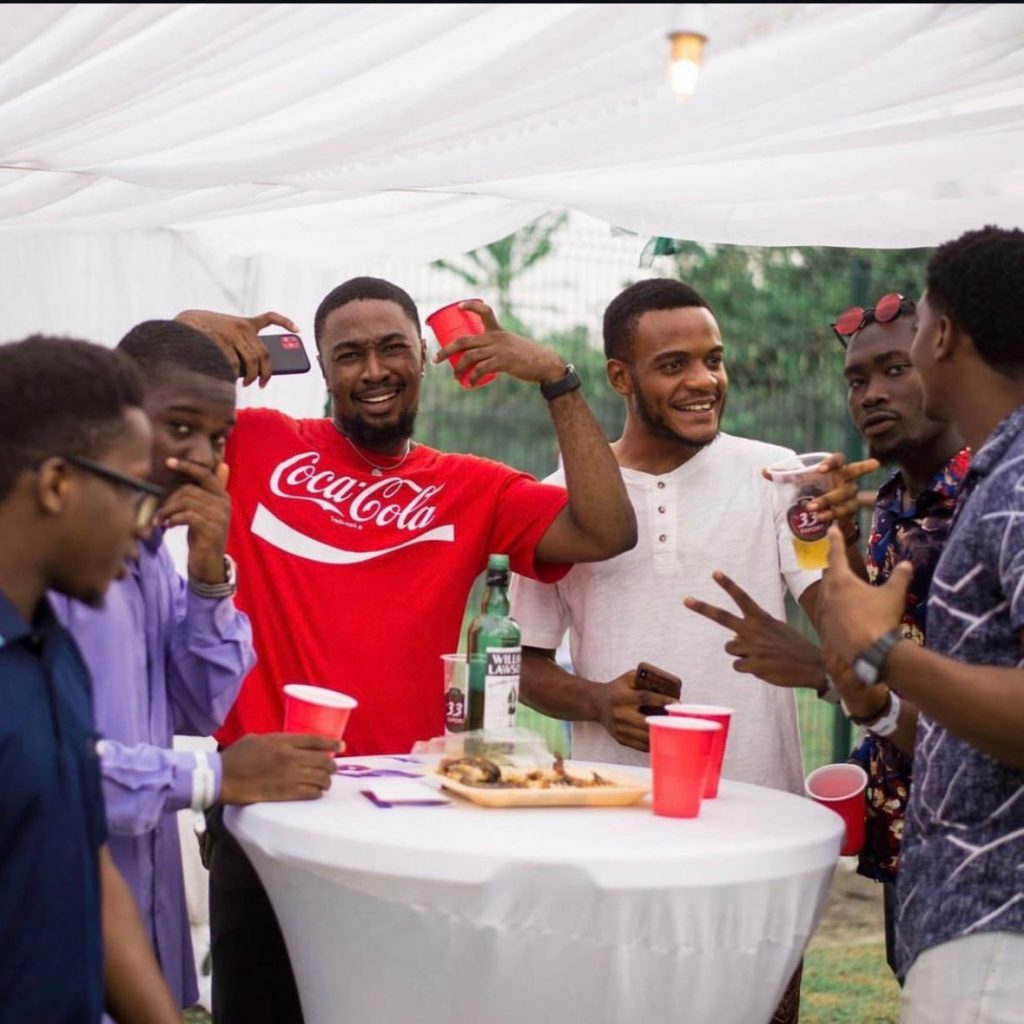

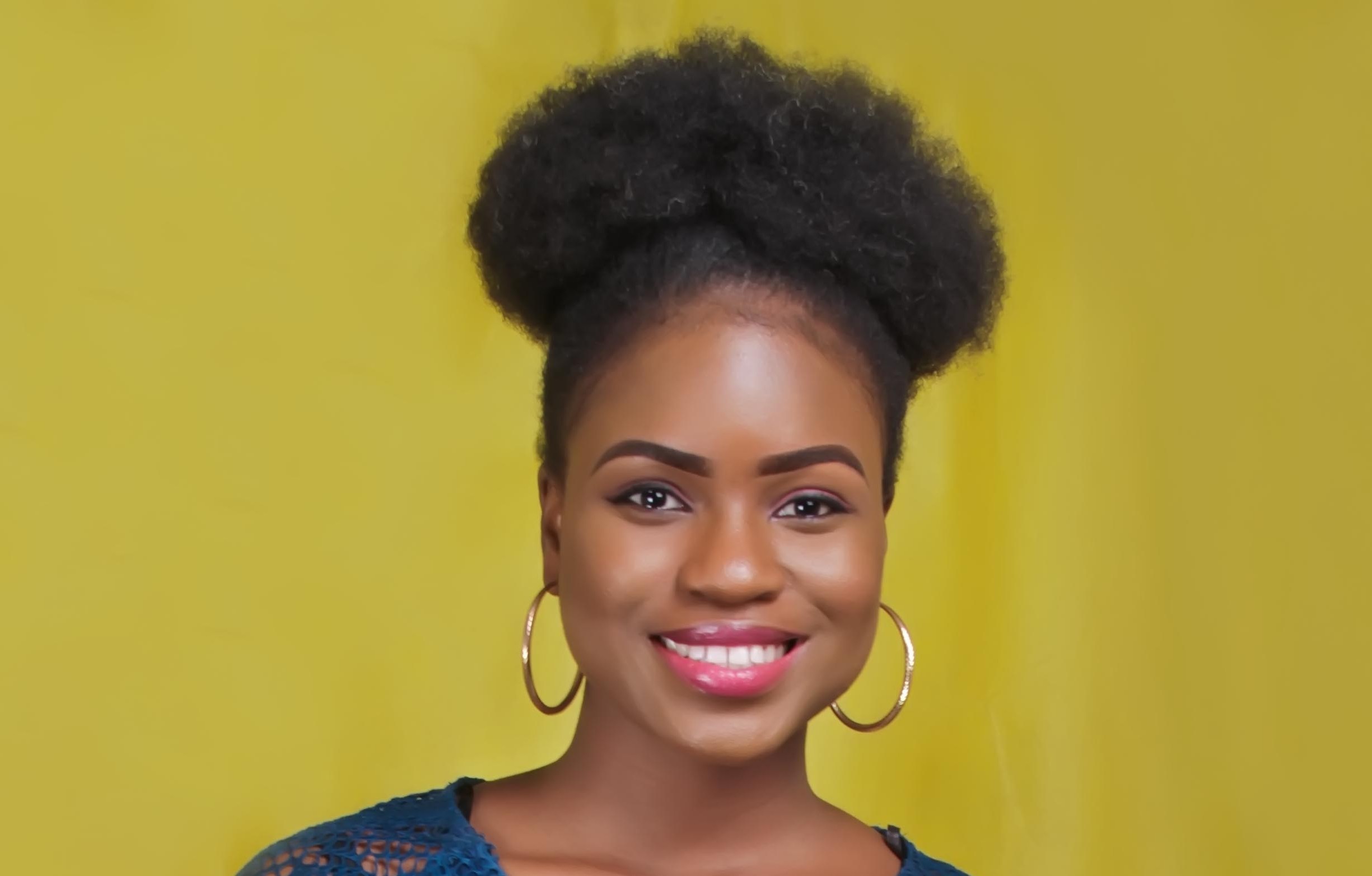
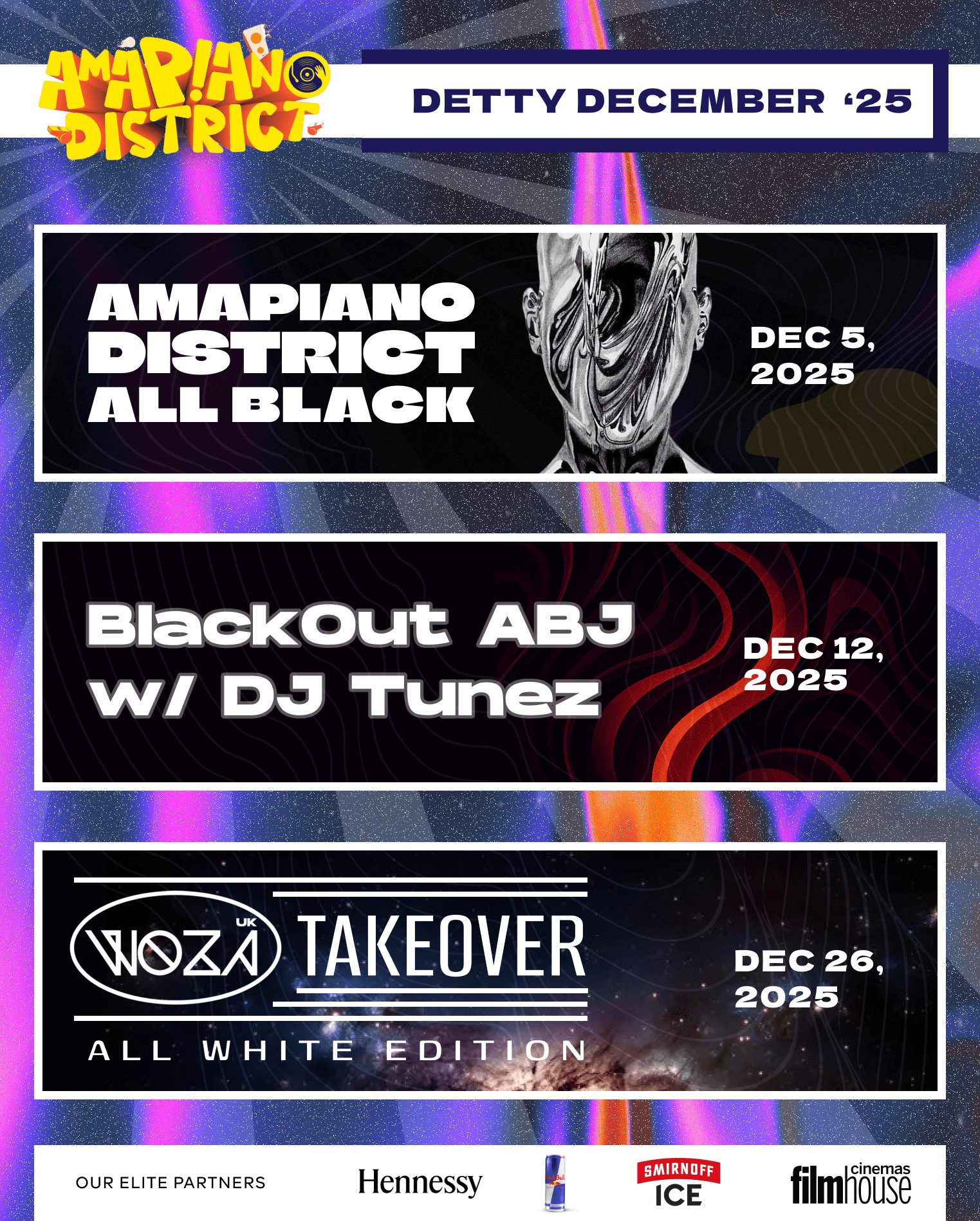


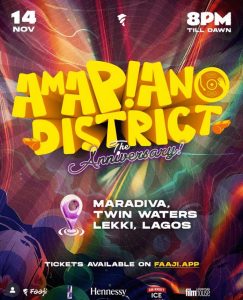


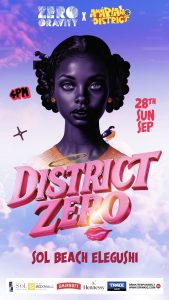
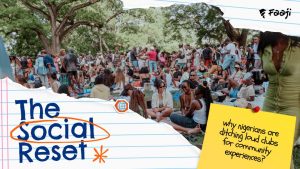

1 comment